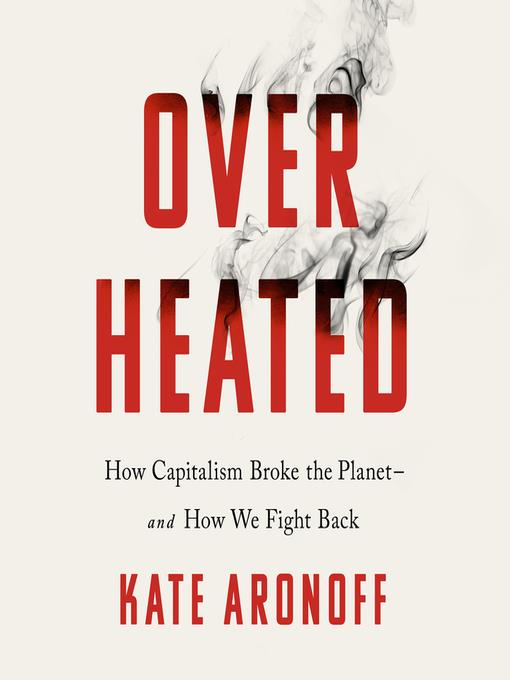
Overheated
How Capitalism Broke the Planet—And How We Fight Back
کتاب های مرتبط
- اطلاعات
- نقد و بررسی
- دیدگاه کاربران
نقد و بررسی

February 15, 2021
Our environmental future depends on radical economic change. Drawing on government documents, interviews, environmental studies, and reports from a wide range of media sources, journalist and New Republic staff writer Aronoff mounts a compelling indictment of capitalism for making climate change reform impossible. The fossil fuel industry, representing "the most powerful and politically entrenched companies on earth," has hijacked such reforms, she asserts, funding climate change deniers, influencing governmental policy, and blocking any measures that would affect the industry's financial growth. "The line between what constitutes an official US governmental priority versus that of its biggest companies is a thin one," writes the author. To undermine politicians who seek reform, for example, the industry has engaged in "fearmongering" about how measures such as cap and trade, designed to limit carbon emissions, "would kill jobs and raise fuel costs." Portraying fossil fuel executives as opportunists, Aronoff reveals that from 2000 to 2018, despite "selling themselves as climate champions," energy companies invested less than 4% of their capital expenditures in low-carbon technologies. To counter the pernicious effects of capitalism, the author proposes "low-carbon populism" that sets out goals "other than the boundless accumulation of private wealth." As in her previous book, A Planet To Win, Aronoff champions the Green New Deal as a flexible, responsive framework "for reimagining the fractured social contract upon which this country was built" and for acknowledging the connection between racism and environmental vulnerabilities. Reprising the achievements of Franklin Roosevelt's New Deal, Aronoff suggests nationalizing the fossil fuel industry, turning to unions to train workers for clean energy jobs, and spurring technological innovation. "The New Deal's throughline wasn't socialism or even big government," she asserts, "but a thoroughly democratic political economy." The business model of the fossil fuel industry, she concludes in this well-documented and necessarily provocative book, is "incompatible with a livable future." An informative, urgent, and sure to be controversial argument.
COPYRIGHT(2021) Kirkus Reviews, ALL RIGHTS RESERVED.

























دیدگاه کاربران